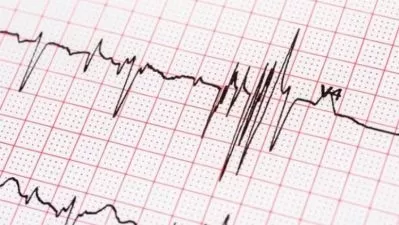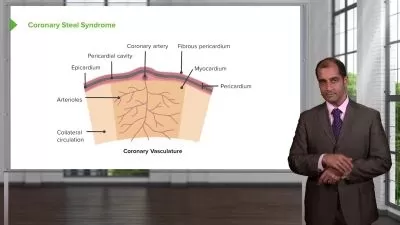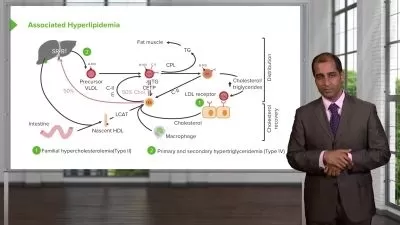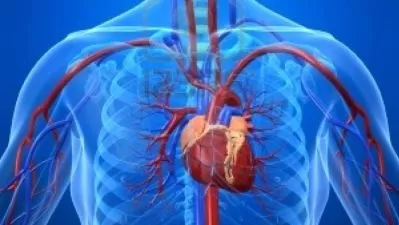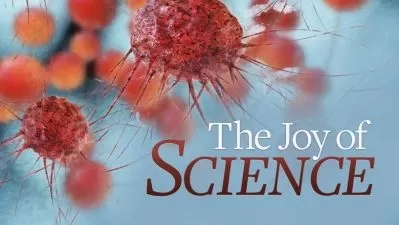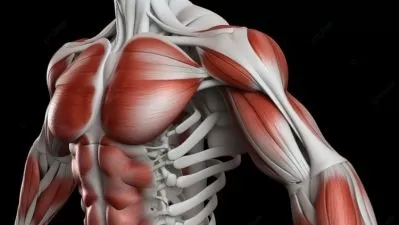Hormones and Endocrine - Endocrinology and Diabetes Course
USMLE pass
3:05:10
Description
Effects of hormones and endocrine physiology
What You'll Learn?
- Hormones functions and physiology
- Updated guidelines in Endocrinology
- Endocrine diseases and conditions
- Medications used by endocrinologists
- Medications affecting the endocrine system
- Diagnostic tests and investigations
- Diuretics and plasma fluid manipulation
- Stress hormones
- Pain management
- Oral hypoglycemic medications
- Case discussions
Who is this for?
What You Need to Know?
More details
DescriptionThe importance of this system stems from its many hormones and how they affect every other system in our bodies. By understanding the function of each hormone, you will easily deduce their associated diseases, and that’s how we will conduct this course. We will start by understanding the basics and the functionality of each hormone, then we will discuss the pathologies and treatments.
By cleverly exploiting certain hormones, we can test certain diseases. Such as the case with the famous Dexamethasone-suppression test and Metyrapone-stimulation test. These topics are very important for healthcare practitioners, and we will discuss them in details.
The endocrine system has some unique phenomena such as Wolff-Chaikoff effect and Jod-Basedow phenomenon. These topics can be challenging at first, but once you understand the basic physiology, you will easily understand them.
Once we have discussed the physiology and pathology, we will talk about the important medications that affect each gland and its hormones, like Thioamide and the thyroid gland.
Oncology is a special chapter of this course as the endocrine tumors are especially important. We will talk about each important cancer and their management.
At the end of each chapter there will be a quiz section to test your knowledge and strengthen the weak points.
Who this course is for:
- Healthcare workers
- Medical, nursing, or pharmaceutical students
- Anyone with a passion for endocrinology
The importance of this system stems from its many hormones and how they affect every other system in our bodies. By understanding the function of each hormone, you will easily deduce their associated diseases, and that’s how we will conduct this course. We will start by understanding the basics and the functionality of each hormone, then we will discuss the pathologies and treatments.
By cleverly exploiting certain hormones, we can test certain diseases. Such as the case with the famous Dexamethasone-suppression test and Metyrapone-stimulation test. These topics are very important for healthcare practitioners, and we will discuss them in details.
The endocrine system has some unique phenomena such as Wolff-Chaikoff effect and Jod-Basedow phenomenon. These topics can be challenging at first, but once you understand the basic physiology, you will easily understand them.
Once we have discussed the physiology and pathology, we will talk about the important medications that affect each gland and its hormones, like Thioamide and the thyroid gland.
Oncology is a special chapter of this course as the endocrine tumors are especially important. We will talk about each important cancer and their management.
At the end of each chapter there will be a quiz section to test your knowledge and strengthen the weak points.
Who this course is for:
- Healthcare workers
- Medical, nursing, or pharmaceutical students
- Anyone with a passion for endocrinology
User Reviews
Rating
USMLE pass
Instructor's Courses
Udemy
View courses Udemy- language english
- Training sessions 91
- duration 3:05:10
- Release Date 2023/06/08






